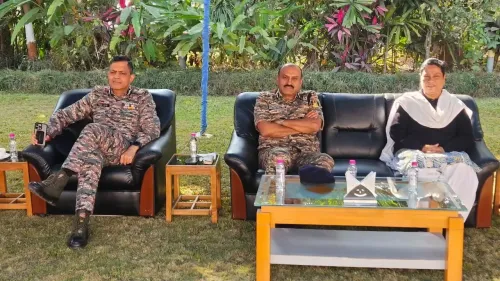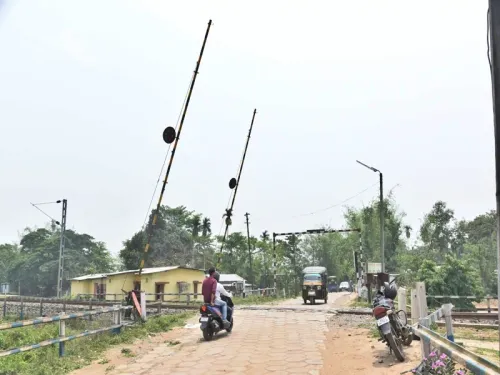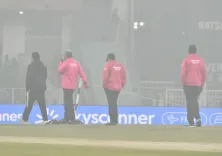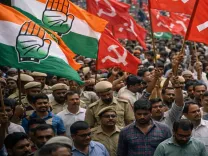Did Atishi Alert Delhi CM About Water Crisis?
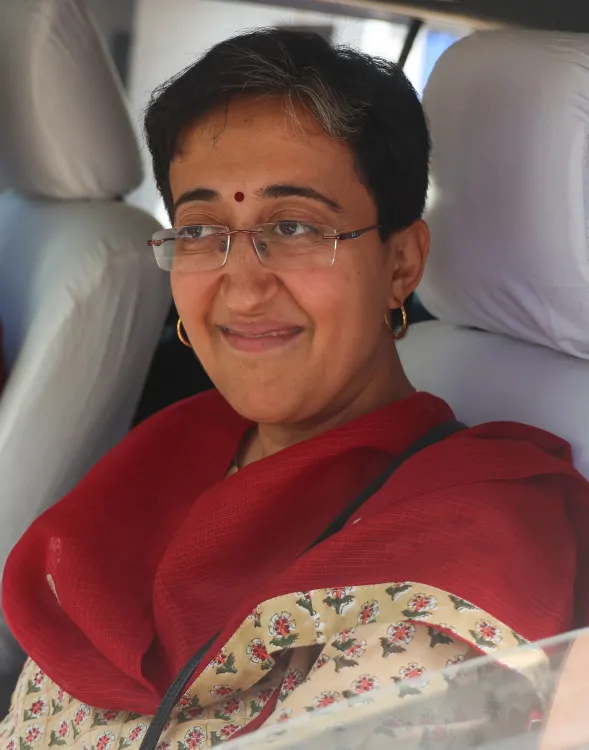
Synopsis
Key Takeaways
- Atishi's letter highlights a perceived water crisis.
- BJP defends government actions and improvements.
- Summer Action Plan aimed at enhancing water distribution.
- GPS technology implemented for timely water delivery.
- Contrast between this year and last year's water issues.
New Delhi, May 24 (NationPress) Following a letter from the Leader of Opposition and former Chief Minister Atishi to Delhi Chief Minister Rekha Gupta, alleging a significant water shortage in the national capital, the Delhi BJP President Virendra Sachdeva criticized Aam Aadmi Party (AAP) leaders for disseminating false information.
The exchange of accusations between the two parties began when Atishi requested a meeting with CM Gupta to address the water crisis, asserting that "citizens throughout the city are suffering due to insufficient water supply".
In response, the Delhi BJP President pointed out that even in the height of summer, there has not been widespread conversation regarding a serious water crisis in the city.
This is attributed to the Delhi government’s proactive Summer Action Plan, which has improved water distribution in various colonies. Moreover, the government has equipped water tankers with GPS tracking to ensure timely delivery to meet public demands.
Sachdeva remarked that it would have been prudent for Atishi to remember that last year, around this time, there were numerous reports about water shortages, protests from Resident Welfare Associations (RWAs), and concerns regarding inadequate water tankers in slum areas.
He noted that such coverage is noticeably absent in current media outlets.
While the Delhi BJP acknowledges that there may be isolated water shortages, they assert that the situation has not escalated to that of a crisis.
“The residents of Delhi are well aware that the underlying issue is the failure of the Arvind Kejriwal administration over the past decade to enhance water storage capacity and curb theft and wastage. In contrast, the BJP has initiated a Summer Action Plan to avert a crisis,” he stated.
Earlier, the Delhi Assembly sent notices to Leader of Opposition Atishi and three other AAP legislators for allegedly revealing confidential details from the general purpose committee discussions. They were also accused of making politically charged and misleading claims against Speaker Vijender Gupta.
This committee had decided to feature portraits of Vinayak Damodar Savarkar and two other freedom fighters in the Assembly gallery.



